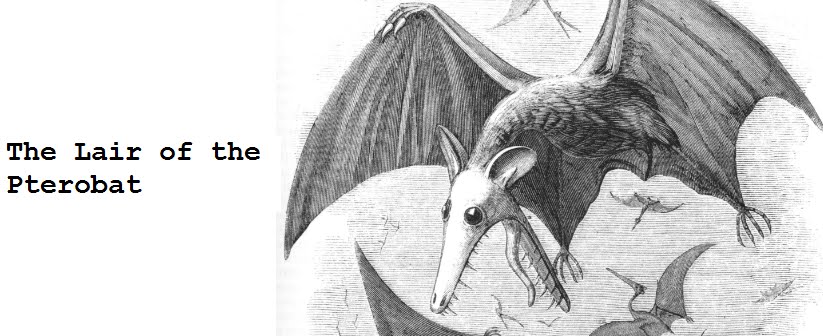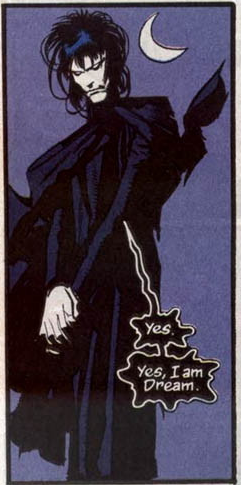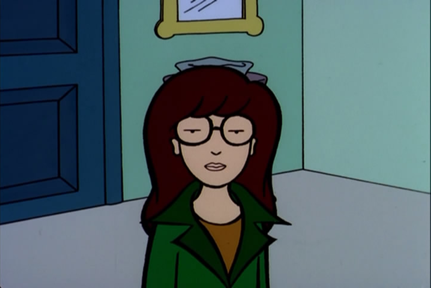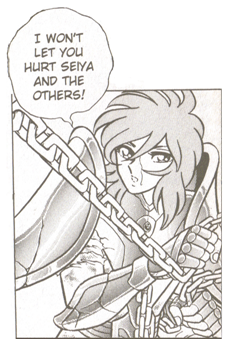
“The Peculiar Olympians” is a series of blog posts about my most favourite fictional characters. They are each here for some combination of sympathy, empathy, inspiration, humour, quality, staying power, and/or significance to my relationship with fandom. These are not all the characters that I like, but they are the ones that have stood out to me the most. The list is also alphabetical and nothing more.
Like many nerds, I’ve fallen prey to the appeal of the “nerd surrogate”: a character with nerdy traits who puts them to high-ranked and significant use in a speculative fiction setting. Unlike many, I one of mine in the character of Exedore Formo.
Exedore Formo (also written as “Exsedol Folmo” or “Exedol” or just “Exedore”) is a rare non-combatant member of the Zentradi, an artificially-engineered race of giants created for the sole purpose of waging their creators’ war. It is not a proper “warrior culture”, but one without ceremony, ethos, or reward.
Exedore serves underneath his fleet commander in a multi-faceted role that includes aspects of historian, archivist, and tactician. He has a prim, intelligent personality, but is hardly incapable of emotion. In some continuities, his odd appearance is attributed to deformity.
Though Zentradi were warned by their now-absent creators to avoid contact with the smaller humanoids, their contact with humanity lead to an unprecedented upheaval. Fuelled by some male grunts’ infatuation with the human culture they had stumbled upon, a cultural revolution began in which the Zentradi betrayed their fleet leader to side with humanity.
Partially this was an act of preservation, as they were scheduled to die by being “contaminated”, but it is clear that contact with humanity appealed to something fundamental in the Zentradi they had been denied. (Usually) reduced to human size, Exedore continues to play a key role in the human military following these events.
Exedore is a creature of multiple portrayals and continuities, appearing originally in the anime Super Dimensional Fortress Macross, and then in the continuity for Robotech, in which SDFM and two other anime were redubbed to be a three-part series in the same continuity. Both of these franchises spun off into their own material, with very different treatments of Exedore.
Regardless, the best versions of Exedore are ones that represent a character with moments of both poignancy and comic relief, serving the basic role of “geek on the bridge” but with more personality than expected. The ideal Exedore also develops an increasing emotional range as time goes on, as a smaller aspect of the Zentradi revolution.
This portrayal tapped into some fundamental desire of mine, to break free of my own constraints and fulfill my ambitions, not to mention my general love of stories in which characters cast off a repressive society. At the same time, I embrace Exedore’s comical aspects, finding him an endearing figure, an example of “ugly cute”, and liking his funny-looking character design.
Unfortunately, if we were to be specific, no one portrayal of Exedore involves all this. The ones that truly represent what I like best about the character appear in the original Super Dimension Fortress Macross, and its dubbed counterpart Robotech: The Macross Saga. Only the novel and comic adaptations of the aborted sequel Robotech II: The Sentinels portray Exedore’s later character development in a satisfying way, despite these books being obscure works that are riddled with many other problems.
The most known portrayal of Exedore today is his Macross-franchise version that is completely retconned into a new form and characterization, with no real explanation in- or out-of-universe--the end result is that the character loses a lot of his quirkiness and personality, and doesn’t look as interesting. It’s a cringe-worthy thing to think about, and one that strongly tests my desire to respect the creators. I wrestle with the surprise that this would happen, and the knowledge that there are no real answers, but also that the writers have the freedom to do whatever they want with the characters. Still, I know what I prefer.



